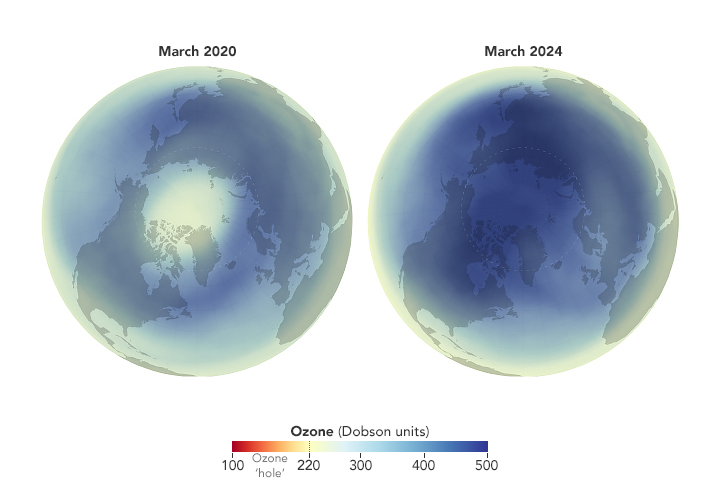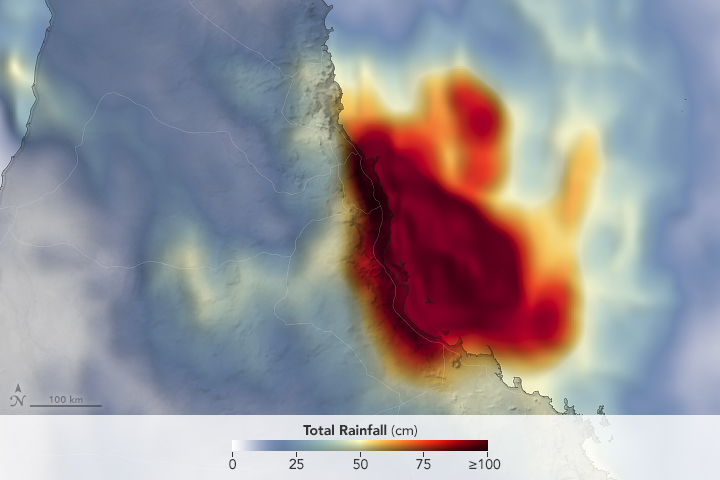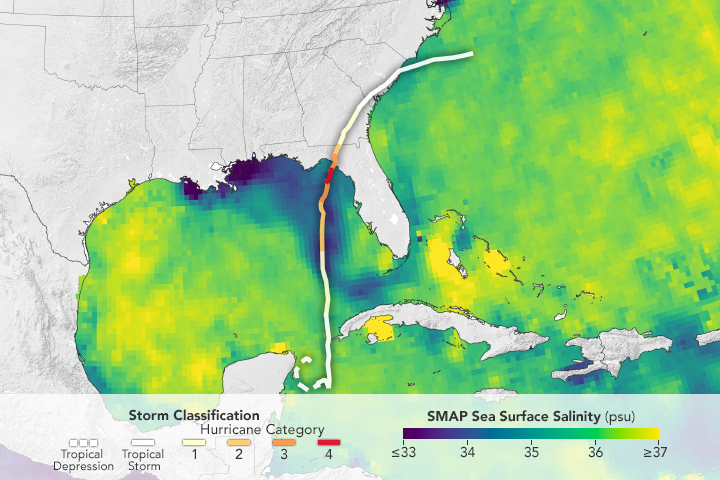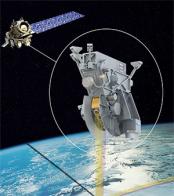



Recent Imagery
You will be directed to the NASA Visible Earth webpage when you select Images by Mission below, or click on the images at right that are randomly generated to represent four out of all possible topics.
You are here
Libera

Status:
Future
Mission Category:
Other
The Libera mission, led by the Laboratory of Atmospheric and Space Physics (LASP) at University of Colorado, is NASA’s first Earth Venture Continuity (EVC) selection and will maintain the decades long climate data record from NASA’s suite of Clouds and the Earth’s Radiant Energy System (CERES) instruments. In Roman mythology, Libera is the daughter of the goddess Ceres. As such, Libera will record how much energy leaves our planet’s atmosphere on a day-by-day basis providing crucial information about how Earth’s climate is evolving over time.
To meet NASA’s EVC requirements and to advance the scientific use of Earth Radiation Budget (ERB) data, Libera defines three overarching goals:
Provide seamless continuity of the ERB Climate Data Records (CDRs)
Develop a self-contained, innovative and affordable observing system
Provide new and enhanced capabilities that support extending ERB science goals
As is exits the top of the atmosphere, Libera will measure reflected solar radiation with wavelengths between 0.3 and 5 microns and emitted infrared radiation with wavelengths between 5 and 50 microns. The sensor will also measure the total radiation leaving the Earth system at all wavelengths from 0.3 to 100 microns. An innovative additional “split shortwave” channel, measuring radiation between 0.7 and 5 microns, has been added to enable new Earth radiation budget science that is to improve our understanding of solar radiation deposition in the climate system.
Key Libera Facts
| Origination: | NASA, Laboratory of Atmospheric and Space Physics (LASP) at University of Colorado |
|---|---|
| Project Scientist(s): |
Graeme Stephens, JPL/CalTech |
| Principal Investigator(s): |
Principal Investigator: Peter Pilewskie, CU/LASP Deputy Principal Investigator: Maria Hakuba, JPL/CalTech |
